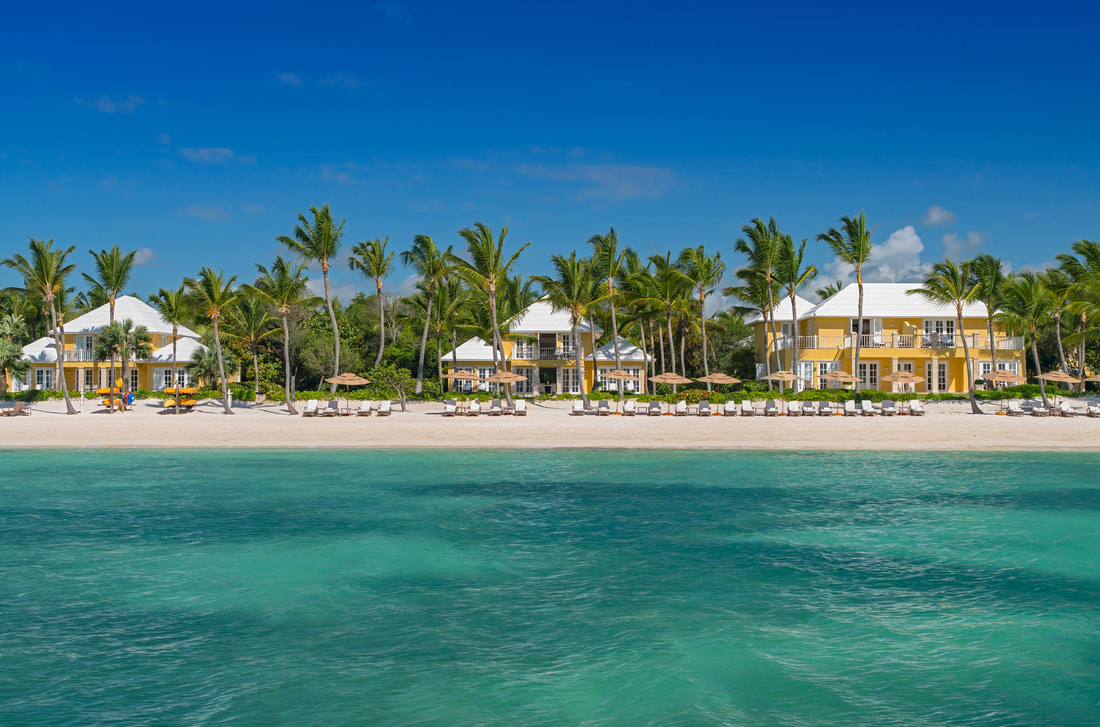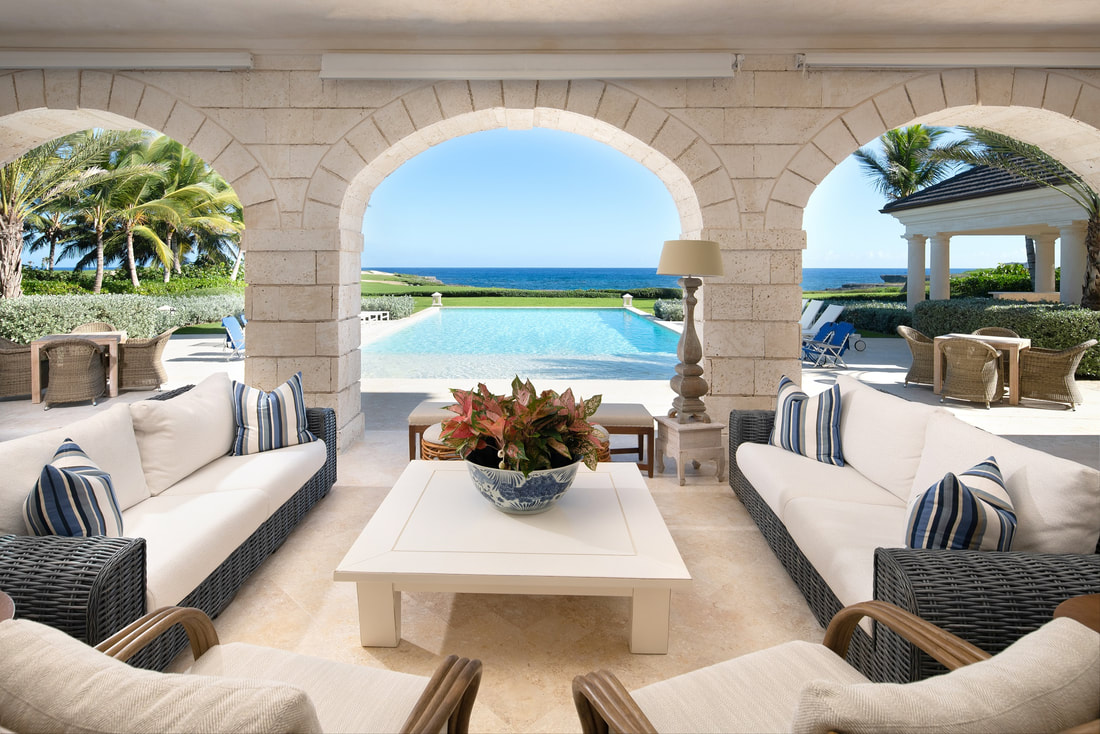|
The unavoidable reality about “luxury sustainable tourism” is that, strictly speaking, it doesn’t exist. Sure, you can stay in a beachside hotel that has ditched single-use plastic and composts its food waste, but as James Cook University professor of tourism and sustainable development Gianna Moscardo once put it, “luxury tourism is based on conspicuous consumption, extravagant amenities and facilities, and personal indulgence—and a belief that these should not be sacrificed.” That said, we don’t live in a zero sum world, and I’m guessing you still want to go on vacation. So even if you’ll never and a completely sustainable option, there’s good reason to still look for a hotel or resort that is doing minimal harm to the place you’re visiting. Unfortunately, that’s not exactly straightforward either. Hotels and resorts vary massively in size, scope, and ownership, as well as in the environmental and social challenges they face. As Jake Kheel, sustainability expert and Vice President of the Grupo Puntacana Foundation, a non-profit in Dominican Republic that works to conserve the region as well as sustainable develop its tourism industry, explains, “at a hotel you’re managing a lot of things, you’re managing the community, your employees, your environmental impact, the environmental impact of your guests arriving from somewhere. So it’s hard to check all the boxes.” Where is a conscious traveler to start? The obvious choice would be somewhere that markets itself as “green” or “eco” or “sustainable.” Maybe it has even earned a badge from some sort of external “sustainable” certification scheme. But thanks to the well-documented phenomenon of green washing, that’s not gonna cut it. It’s easy for a hotel to slap a logo or some green marketing copy in its guest rooms without making a true effort to walk the walk. If you’re truly interested in booking a hotel that’s serious about sustainability, you’re going to have to do some research. Justin Francis is the founder of Responsible Travel, an “activist travel company” in the UK that helps travelers plan responsible holidays. He says a good place to start is by researching what the two or three biggest issues are in the place you’re planning to visit. That will give you the knowledge to understand if a hotel is tackling its sustainability efforts with an informed approach. “The impacts of tourism are different in every place. So if we’re in sub- Saharan Africa, then water and poverty are really the big issues. However if we’re in Ireland or other parts of the UK, then water is really not an issue. It might be nice if [a UK hotel is] harvesting fresh rain water, but it’s really not the biggest or most important thing.” Once you have a sense of those issues, Francis says, simply ask the property what they are doing about them. If you’re pressed for time ahead of booking, you could also request to see a copy of the property’s responsible tourism policy or sustainable tourism policy before making your booking. If there is no policy, Francis says, or “if they haven’t thought about it, if they cant answer it, you're sort of building a picture already about the type of place that you're staying in." But he emphasizes that no traveler should be in search of perfection. A concerted effort and a degree of honesty are what you’re looking for. “There is no hotel in the world that’s perfect at sustainable tourism,” he says. “I don’t expect it. What I do expect is some progress and some transparency and some honesty.”
Kheel says that while they are not a perfect benchmark, certification schemes like Green Globe or Blue Flag can be a good place to start. However, somewhat counter intuitively, a property that doesn’t have one of these certifications may be lacking it because they are committed to a more holistic vision. For example, the Punta Cana Resort and Club (which encompasses numerous properties) takes a “regional stewardship” approach to sustainability—encompassing everything from the airport to the coral reefs—so Kheel notes its efforts don’t fit well into an externally defined scheme. Locally minded initiatives like these are one reason Francis advises directly engaging with the property about their efforts, even once you’re there. If there is some contact with somebody there, ask questions: What do they do with their garbage? Is there a recycling program? Is there composting? Simple things. If they have no quick answer to that, then they probably don’t have a good way that they’re dealing with it,” Kheel said. “We’re pretty honest. We’ll say ‘these are the things we’re doing pretty well, these are the things we’re still working on.'” It’s also important to still ask these questions even if you’re staying in a large chain. Plenty of large hotel chains broadcast ambitious sustainability practices at the corporate levels. But many large hotel chains operate as franchises, so it’s hard for them to have total control over the environmental practices at each individual property that bears their logo. As a report from market research provider Euro monitor put it, “One major problem for hotel companies is the extent of their influence. Companies own the brand name, but often not the hotel buildings. They generally have many staff working for the brand, but few on their own payroll. How to influence hotel owners and staff in hotels to become more environmentally aware is a key issue in sustainable development for hotel companies.” Francis adds that broadly speaking, the four environmental factors he is most keen to learn or ask staff or management about are water, waste, energy, and plastic. When it comes to social factors, he advises asking if the hotel pays its employees a living wage (which is as relevant in London or New York as it is in Ubud or Cape Town). So does being a responsible traveler all of a sudden sound like a lot of work? Well, yeah. But that’s the point Francis says. “I make no apology for this not being super easy,” he says. “I actually think it’s part of the process and joy of travel.”
0 Comments
Leave a Reply. |
Puntacana BlogsOur new way of communication! Categories
All
ARCHIVES
March 2021
|




